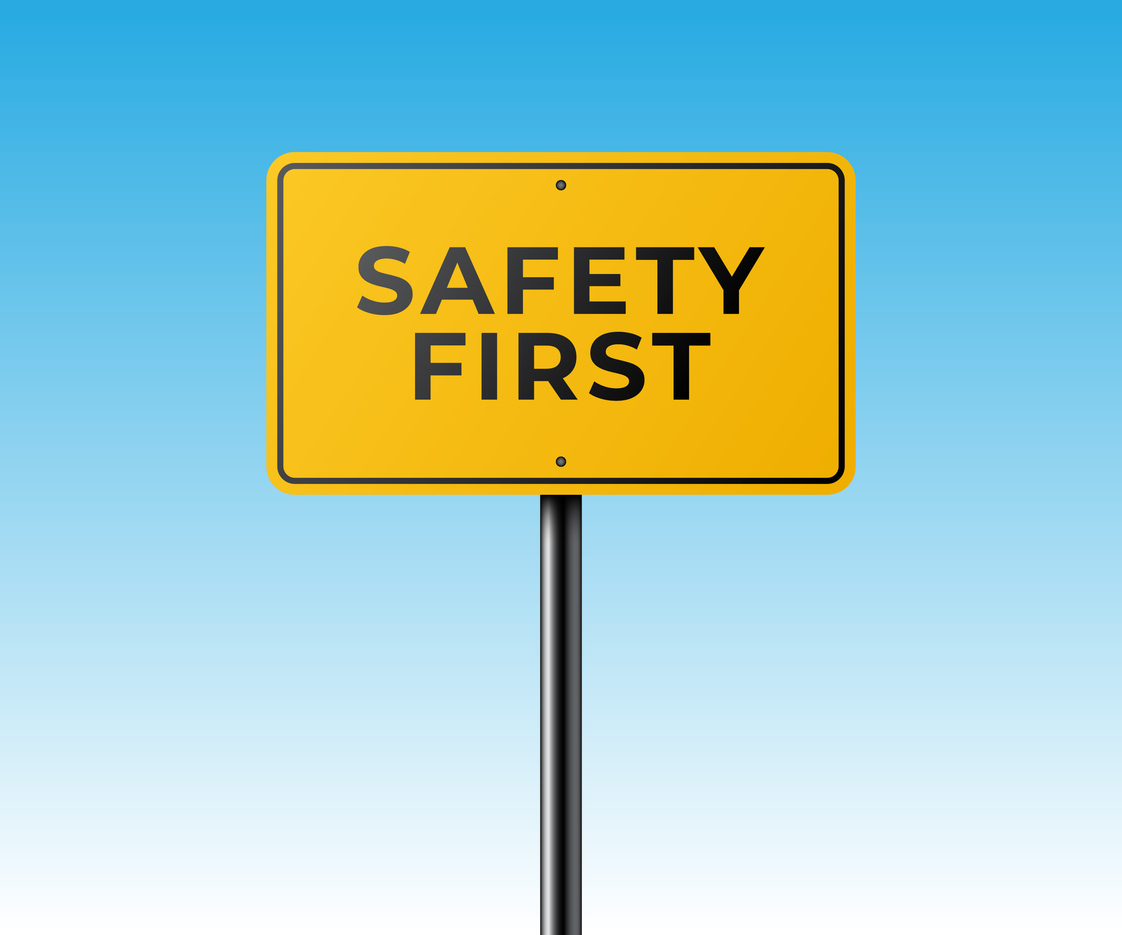In today’s battery-powered world, safety should always come first. While most consumers are aware of the need to recycle used batteries, fewer understand the risks associated with damaged, defective, or recalled (DDR) batteries and the importance of proper end-of-life battery collection. As Canada’s leading battery recycling program, Call2Recycle, through its Recycle Your Batteries, Canada! Program is committed to ensuring that batteries are managed safely at every stage, from use to disposal.
It’s important to note that most batteries, when purchased through certified channels and used, stored, and disposed of correctly, are safe and reliable. In fact, batteries and battery-powered devices bring incredible convenience and innovation to our lives. By managing them properly, we can safely enjoy the benefits of our devices without compromising on safety.
The Hidden Risks of DDR Batteries
DDR batteries pose significant safety hazards if not handled correctly. These batteries may be swollen, corroded, leaking, or have visible burn marks—warning signs that they could overheat or even catch fire. Mishandling DDR batteries increases the risk of thermal events, posing dangers to consumers, businesses, and waste management facilities.
To be clear, the main concern is with lithium-ion batteries in a damaged, defective, or recalled (DDR) state. These are commonly found in high-powered devices such as laptops, smartphones, e-bikes, vapes, and power tools. The bottom line is lithium-ion DDR batteries require special care.
Unlike regular batteries, DDR lithium-ion batteries require specialized handling and disposal processes. Simply dropping them into standard recycling bins or household trash can create serious fire hazards.
Partnering for Progress: Safety Products and Industry Collaboration
Call2Recycle offers a comprehensive suite of safety products and services, including DDR kits, fire-retardant safety blankets, and training programs designed to help partners manage battery risks proactively.
To expand and enhance our capabilities, we have partnered with RLG (Reverse Logistics Group) to provide industry-leading solutions for the safe handling and transport of high-risk batteries. This collaboration strengthens our ability to provide scalable, compliant, and safe end-of-life battery solutions across the country.
Safe Collection of End-of-Life Batteries
Beyond DDR batteries, proper handling of all end-of-life batteries is essential to prevent safety incidents. Whether it’s a rechargeable lithium-ion battery from a laptop or an alkaline battery from a TV remote, safe storage and transportation practices minimize risks.
Best Practices for Battery Safety:
- Collect Safely: Keep batteries in a cool, dry place away from metal objects and flammable materials.
- Protect Battery Terminals: To prevent short-circuiting, cover battery terminals with clear tape or store each battery in a plastic bag.
- Drop Off Regularly: Don’t let batteries accumulate at home. Recycle them at a certified drop-off location at least every 3 months.
- Handle DDR Batteries Separately: If you suspect a battery is damaged, do not place it in a regular recycling bin. Use designated DDR kit provided by our program for proper disposal.
Advancing Battery Safety Through Innovation and Education
Through its Recycle Your Batteries, Canada! program, Call2Recycle is leading the charge in battery safety by integrating new technologies and processes that enhance collection and recycling efforts. Our smart battery recycling containers—the first in North America—monitor temperature and fill levels in real-time, reducing the risks of overheating and ensuring safer collection.
Additionally, our “Be Battery Safe” public education campaign helps both consumers and industry partners understand how to manage battery risks and recycle responsibly. These materials are a key part of our mission to empower safe battery practices across the board.
Our safety training programs further equip collection partners, municipalities, and businesses with the knowledge to handle all battery types responsibly. We mitigate risks by improving safety protocols at collection sites and recycling facilities, creating a more secure battery recycling ecosystem.
Collective Action for a Safer Future
Safely managing DDR and end-of-life batteries requires collaboration from consumers, retailers, manufacturers, and recycling organizations. By following safe disposal practices and supporting responsible recycling initiatives, we can reduce safety hazards, protect the environment, and prevent battery-related fires.
At Call2Recycle Canada, safety isn’t just part of our process—it’s at the core of our mission. By working together, we can ensure that every battery’s journey ends as responsibly as it began.
Protect What Matters. Be Battery Safe.
Visit Recycle Your Batteries, Canada! to find a drop-off location near you.


